Because of a lapse in government funding, the information on this website may not be up to date, transactions submitted via the website may not be processed, and the agency may not be able to respond to inquiries until appropriations are enacted.
The NIH Clinical Center (the research hospital of NIH) is open. For more details about its operating status, please visit cc.nih.gov.
Updates regarding government operating status and resumption of normal operations can be found at OPM.gov.
News & Updates
NICHD issues Releases and Media Advisories to the news media. Science Updates and Spotlights explain NICHD research findings and public health issues to the general public. An Item of Interest is a short announcement such as an initiative launch or a notable staff change. Director’s Corner posts are monthly updates from the NICHD director.

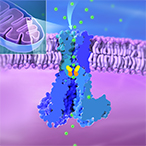


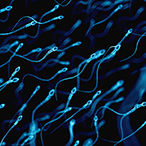





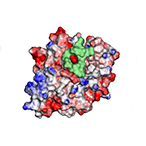



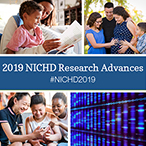
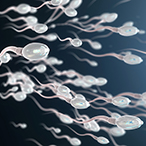
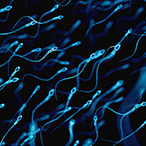
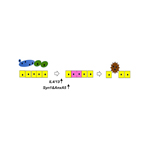
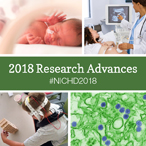
 BACK TO TOP
BACK TO TOP